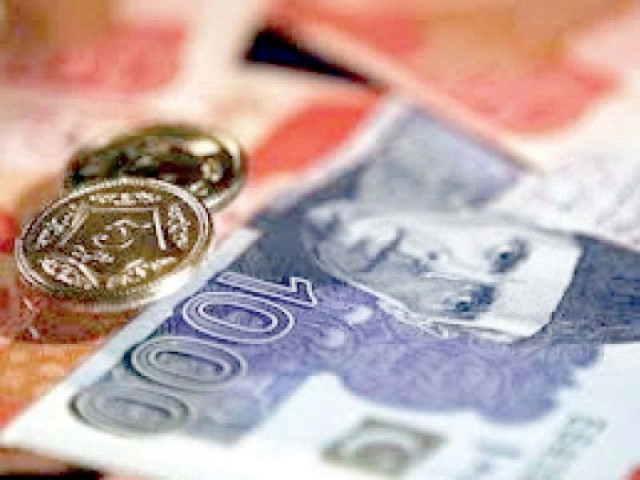50% increase in tax rates on NSS profits announced
Tax rate hike makes National Savings Scheme an unattractive investment

The Central Directorate for National Savings (CDNS) has notified a 50% increase in the income tax rates on the profits earned by making investments in various government schemes – a move which may further discourage small investors from putting their money in these schemes.
Effective from July 1, the rate for tax-for-profit on debt imposed under Section 7B (of the Income Tax Ordinance) shall be 15%, according to a notification issued by the CDNS. However, persons not appearing in the active taxpayers list will be charged at 30% income tax rate, it said.
The CDNS, a headless department for the last three years working under the Ministry of Finance, issued the notification after the government changed the tax rates in the budget with effect from July 1. The previous tax rates were 10% and 20%.
The 15% and 30% income tax rates are only for those who would earn a profit of up to Rs500,000. If their profit margins exceed the Rs500,000 threshold, they will be charged standard rates – up to 35%.
The scope of separate block taxation on interest income has been reduced through the budget. Previously, interest income of up to Rs36 million, in the case of individuals and association of persons, was chargeable to tax at rates ranging from 15% to 20% under the final tax regime.
By virtue of new amendments; the interest income up to Rs5 million will be taxed at the rate of 15% under the final tax regime. If the interest income is more than Rs5 million, it will be taxed under the normal tax regime.
The interest income earned by all taxpayers, except banking and insurance companies from investing in federal government securities. shall be taxed at the rate of 15% under the final tax regime.
The revised profit-on-debt tax rates are now expected to hit the National Savings Schemes adversely. The tax changes come at a time when the CDNS is already struggling to retain its existing investment portfolio of Rs4.3 trillion due to certain decisions taken by the government.
The majority of the CDNS investors are small savers with an annual profit of less than Rs500,000 and non-filers, therefore, they will be charged up to 30% tax, an official of the directorate said.
About 60% of the portfolio of Rs4.3 trillion will be subject to the new tax regime.
The rest of the money is invested in the Bahbood scheme, pensioners fund and Shahuda funds. The Bahbood Savings Certificate, Pensioner’s Benefit Account and Shuhada Family Welfare Account would not be impacted by the decision to increase tax rates, Dr Ikramul Haq, a leading tax expert, said.
Clause (6), Part III of the Second Schedule describes that profit on investment in Bahbood Savings Certificate or Pensioners Benefit Account and Shuhada Family Welfare Account shall not exceed 10% of such profit, according to the Income Tax Ordinance.
Clause (36A), Part IV, Second Schedule says: “The provisions of Clause (a) of Sub-section (1) of Section 151 shall not apply in respect of any amount paid as yield or profit on investment in Bahbood Savings Certificate for Pensioner’s Benefit Account and Shuhada Family Welfare Account.” In their case, there is no withholding tax.
The savings mobilised by the CDNS dropped by Rs100 billion during July-April period of last fiscal year, according to the State Bank of Pakistan (SBP). The savings were withdrawn after the government prohibited all kinds of institutional funds last year from investing their money with the CDNS.
The discontinuation of prize bonds of Rs25,000, Rs15,000 and Rs40,000 also affected the CDNS business. The stringent anti-money laundering and combating of financing of terrorism have also negatively impacted the saving schemes investments.
In the last fiscal year, the CDNS collected Rs20.5 billion in taxes, excluding tax paid on prize bond schemes, according to the CDNS official. However, the increase in tax rates coupled with drop in the new mobilisation is likely to hurt the revenue generation.
Pakistan has one of the lowest savings-to-GDP (gross domestic product) ratios in the world and its extravagances are financed by taking foreign loans, except during times when the country has a current account surplus, which is very rare.
The reduction in yields on Pakistan investment bonds also led to low profit rates on the saving schemes.



















COMMENTS
Comments are moderated and generally will be posted if they are on-topic and not abusive.
For more information, please see our Comments FAQ